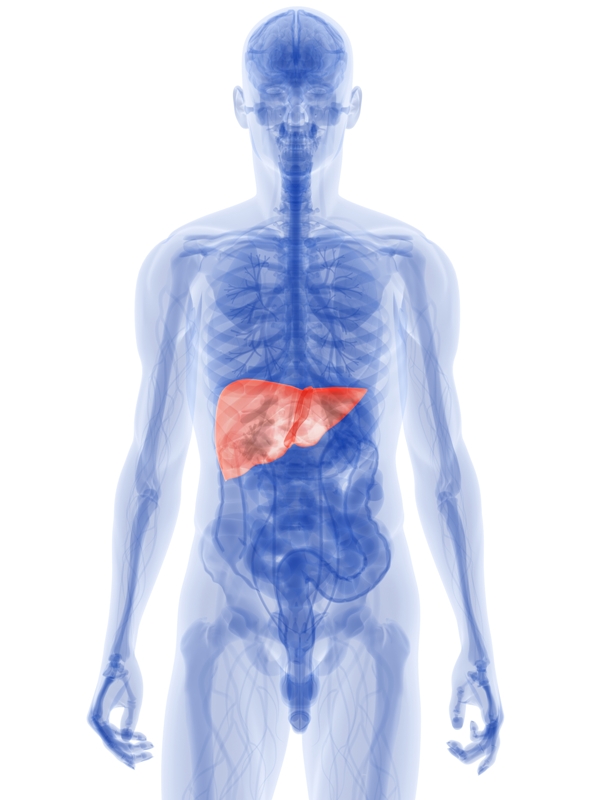Hepatitis C

Hepatitis C is a liver disease caused by an infection with a virus. The liver gets inflamed and swollen and stops working as it should. Hepatitis C is a serious disease because the liver is needed to remove toxins that build up in the blood. Hepatitis C can destroy the liver and cause cirrhosis. It is the main cause of liver transplants in the world.
How is it spread?
- By sharing contaminated needles or other drug-using equipment. If you have ever shared drug-using equipment, you may want to be tested for hepatitis C
- By using non-sterilized equipment for tattooing, acupuncture or body piercing
- By unprotected sex with someone who is infected when blood is present. Also, if you have sex with an infected woman who is on her period, or if you have sex with someone who is infected and who has sores on their genitals that may bleed. Sexual transmission is not a common way of becoming infected with hepatitis C when blood is not present.
- On rare occasions, from an infected mother to her baby, mainly during delivery. The risk may be greater if the mother is also infected with HIV.
What are the symptoms?
- A short, mild, flu-like illness
- Nausea and vomiting
- Diarrhea
- Loss of appetite
- Weight loss
- Jaundice (yellow skin and whites of eyes, darker yellow urine and pale feces)
- Itchy skin
- People may have no symptoms at all, but they can still pass on the hepatitis virus to others
How is it treated?
Initial treatment of hepatitis C will depend on whether the infection is in an early (acute) stage or whether it has progressed (chronic). Treatment of short-term (acute) hepatitis: Acute hepatitis C may not be treated because symptoms are usually mild or absent, and hepatitis C is therefore often not diagnosed. By the time HCV is detected in most people, it has already progressed to long-term (chronic) infection. However, when acute hepatitis C is identified and treated with medications (such as interferon), the development of progressive, chronic infection may be prevented.
How can infection be prevented?
The spread of hepatitis C can be prevented. The most efficient method of transmitting hepatitis C is through injection of contaminated blood, as may happen during IV drug use. Never share objects such as needles, razors, toothbrushes, nail files, and clippers, which can be a potential source of hepatitis C transmission. When getting a manicure, tattoo, or body piercing, make sure sterile instruments are used and that the institution is licensed. Click here for a list of hepatitis programs. If you’re sexually active, sign-up for free STD testing reminders via email, text or both at WeAllTest.com. If We All Test, we can help eliminate syphilis and other STDs in our community.